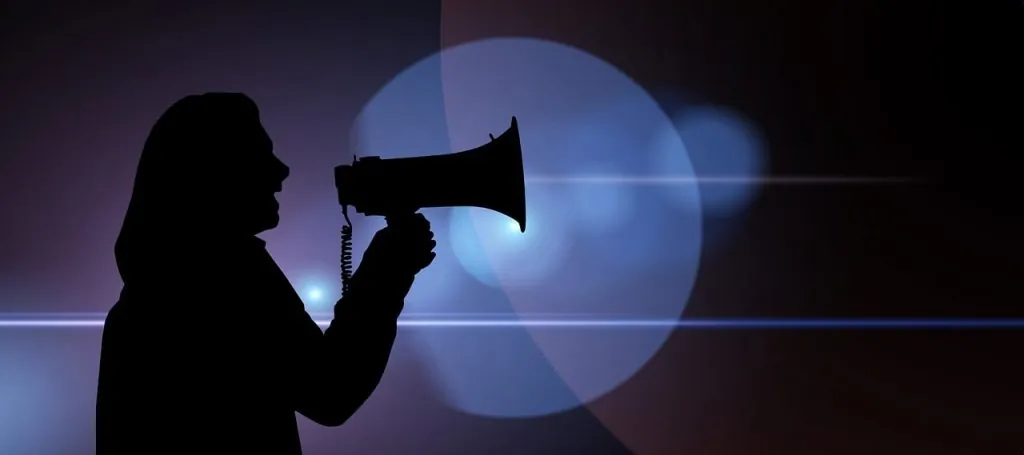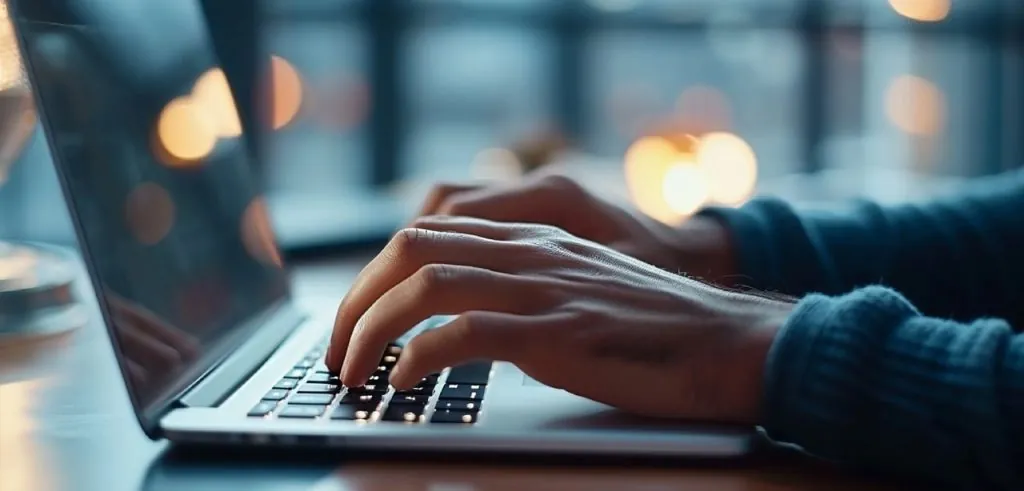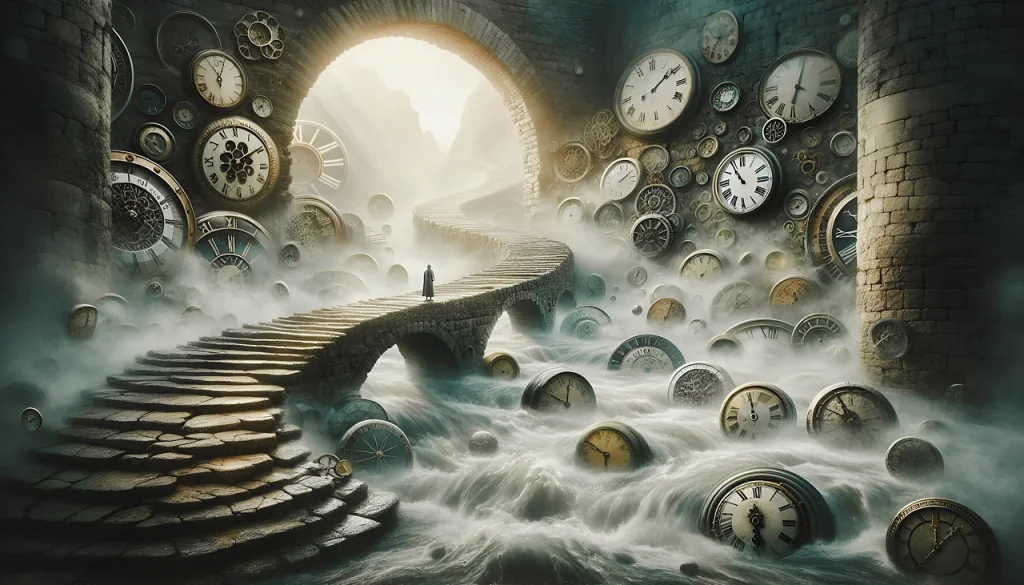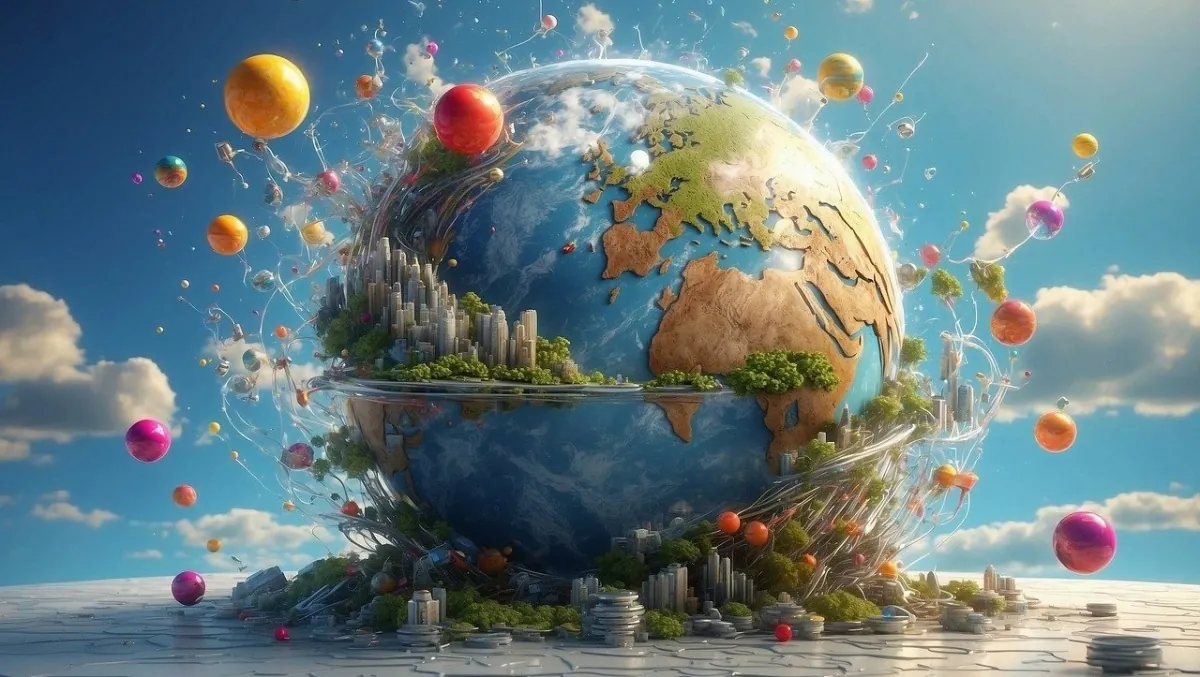In today's society, we are inundated with information from all sides. It can come from newspapers, social media, political groups with specific agendas, for-profit companies or even robots.
Fact-checking has become important for everyone, and for us, as a digital magazine, it has become more important than ever. Here's what we do, and here's what you can do!
Table of contents
Who is the sender of the information?
The most important thing to check many times is who is the sender of the information. And no, "I read it on Google" is not enough of an answer. It's like saying "I read it on a notice board". Yes, absolutely! But what we want to know is who is behind the note on the notice board, not who put it up in the first place.
Does the sender have access to the right information? Does the sender have any particular agenda? Some examples and reflections...
- One company who write about themselves are likely to have access to facts and information about their own company, but may choose to "polish" a little and write in an extra positive light.
- A newspaper can often have well-written and fact-checked information, but can sometimes have a political colour, which can lead to a certain bias in some texts.
- A political site may sometimes have an agenda to promote a particular message (for example, a right-wing populist site may want to promote anti-immigration content).
- A blog can be honest and genuine, but it can also sometimes be sponsored and there can be financial interests. A blogger may have a solid and in-depth knowledge of a topic, but may just as well be a happy amateur.
- A travelogue is often written by someone who has been there, but that's not always the case. In the quest for clicks and traffic, travel reports are sometimes written in the office, with borrowed photos.
- An official tourist information centre often has up-to-date and relevant information, but of course you can expect that it is the positive that is emphasised.

What agenda might the sender have?
The agenda of the sender is important. Is the sender's goal to persuade people in a certain political direction? Or is the sender's goal to sell as many bottles of shampoo as possible?
This is necessary to consider when interpreting the information presented. If a company, organisation or individual refers to a research article, it may appear that they are referring to facts. But don't forget that there are thousands of research articles on most topics - and those with a particular agenda may choose to pick out a specific research article that suits their own purposes (i.e. whose results reinforce their own beliefs or encourage them to buy a specific product), rather than synthesising all the available research in the field.
Actually, one should ask oneself who sharing this research report and why? Are there other research reports in this area, and if so, do they point in the same direction, or do they show something completely different?
No time or opportunity to do all this research? Perfectly reasonable! Just reflect a little on the sender and his or her possible agenda.

What do others have to say about it all?
A good way to check the facts is to find out what others have to say about it. If someone writes "xxx is the biggest Christmas market in Europe", then we usually double-check by Googling "Which is the biggest Christmas market in Europe?". If most of the answers point in the same direction, then yes, it seems reasonable. If there are completely different, or scattered answers, well, then you can question the first statement ...
In addition to Googling, you can also go directly to sources that should have relevant and credible information. If it concerns a city, you can check the city's own website, if it concerns entry rules in a country, you can check the embassy's information, and so on. Many times it is advisable to check more than one source.
We double-check things almost all the time when we write stories and when we publish travel news. Do things sometimes go wrong anyway? Yes, of course it happens. We publish a lot of texts and it's impossible not to make mistakes sometimes, but we do our absolute best to get it as right as possible.
If a small error slips through occasionally - then often some reader is there and sends a message so we can correct it. As far as we're concerned, you readers help make the content even more accurate, and we're grateful for that!

Is the information up-to-date?
Another thing to consider is whether the information is up-to-date. There are lots of sites and pages online that are not up to date, and even things that were right when they were written can become wrong over time.
A good idea is to check the date on the information (if it exists, unfortunately it doesn't always). No matter how well you report on attractions, hotels or restaurants, things can change over time - hotels can change hands and restaurants can close down.
We have publication dates on all our stories, to make this information clearer for you as a reader. We occasionally update old stories, but of course we cannot guarantee that all the restaurants we wrote about in 2015 or 2017 still exist. It's better if you can see the date, so you can judge the information for yourself. And yes, this time aspect does not only apply to our site, but everywhere on the web...

Is it a real picture?
The saying "a picture is worth a thousand words" is sometimes true, but not always. Today, millions of images are created by AI, that is, with the help of artificial intelligence (including several of the images in this report). So, how do you know if an image is created by AI? Well, you can't always tell. Some AI images are of course very imaginative, while others are very realistic.
Systems for labelling AI-generated images have started to emerge on social media, and there are even sites where you can test the authenticity of images. In everyday life, it might be enough to be aware - no, not all images are genuine. Just because you've seen something in a picture doesn't mean it's real.

Why is it so important to fact-check?
Today, we get information from so many sources - some are of course good and credible, while others may be outdated or have an agenda to influence you politically or make money off you. For this reason, it IS important to fact-check!
But should you go around being suspicious and afraid of being cheated all the time? No, you can't! Our advice is to continue to absorb information with joy and curiosity, but to keep the following things in mind at all times:
- Who is the sender of the information?
- What agenda might the sender have?
- What do others have to say about it?
- Is the information up-to-date?
- Is it a real picture?

What are your thoughts on online fact-checking?
What are your thoughts on online fact-checking? How do you usually fact-check? Do you have any reflections or tips?


















Monica says:
I do medical research and am used to fact-checking just as you write. I have also worked with media and communication issues for many years, so it also facilitates critical thinking. I therefore fully agree with your views and find your articles exemplary factual and correct - and inspiring of course. It is particularly important in these times to fact-check different sites, emails or social media so that you do not accidentally click on the "wrong" link or surf to pages that increase the risk of phishing or ID hijacking. I have recently benefited greatly from AI when it comes to research results - to my surprise both adequate and very helpful! But sad in general that you have to be so careful and easily "suspicious" nowadays!
10 October 2024 - 12:57
Helena says:
Thanks for your comment Monica! Yes, online security (phishing etc) is another thing to think about... And yes, you can probably benefit from AI in many different ways!
11 October 2024 - 5:59
Ditte says:
Interesting info and thoughts. Don't usually trust either Google or Wikipedia completely and is critical of newspapers' info. Who is it written for and why. I am also concerned about various so-called reports regarding research. A topic can have different answers depending on who wrote it.
And the internet is not an encyclopaedia in itself, although you can find a lot of useful information.
10 October 2024 - 13:02
Helena says:
It's not easy, I agree, and a bit of a balancing act. When it comes to Wikipedia, I tend to think that the information there is "reasonably correct" on the whole, but there can definitely be inaccuracies, and figures and such are not always updated.
11 October 2024 - 6:04
Monica says:
This is not Monet-Monica writing but I'm Monica-Monica, best to be clear🙂yes you are looking at the address but thinking of others.
And of course it is complicated today and not least if you, like you, are to write completely correct articles, some research is required. So often many journalists mess it up and maintain it even if more facts come to light, thought of it recently, same factual errors over and over again.
Then there are some fantastic journalists too, and we should be grateful that they are still able to travel, to move around somewhat freely, to see on the spot what
what happens and dare to expose themselves. And are very good at observing and interviewing and listening.
When it comes to research, most scientists are very cautious about speaking out but there are those who are more than happy to be seen and heard and the journalist reports every word in awe.
Then there are always more in current research in different countries and it is possible to summarise and see connections and contexts what they each come up with or their group.
I think today's children are good, in secondary school they are trained to question, find out as much as possible, interview, compile and sometimes make absolutely fantastic exhibitions or write a newspaper, it takes a very good teacher of course as a supervisor and who manages to get everyone to participate. I am deeply impressed by what I have seen. There is hope.
And I myself have been doing research for many years, so I really know what I have seen in human cells.
10 October 2024 - 22:28
Helena says:
Thank you for your comment Monica! Yes, there are many fantastic and talented journalists! And many talented researchers of course! (I have also done a PhD and research, but then I also saw how much research there is and how strange it can be when someone highlights a single research article. The research exists in a context where you may need to look at the overall results). I also agree that today's children and young people are good at questioning, and I think that Swedish schools are perhaps good at supporting this. When I taught students at master's level, I experienced a big difference between Swedish and Asian students. Both were good, but I felt that the Swedish ones were more used to questioning.
11 October 2024 - 6:12